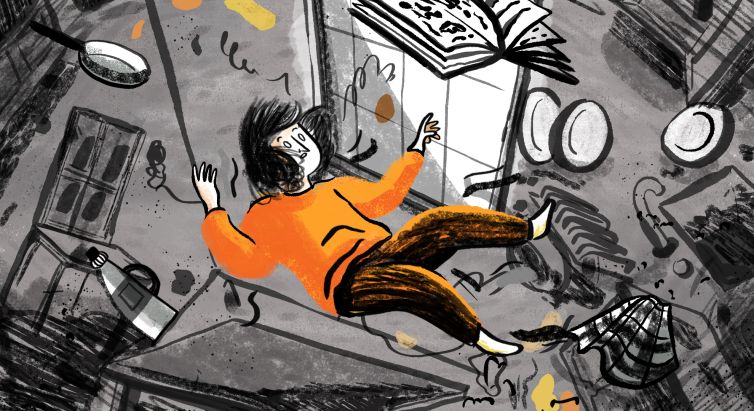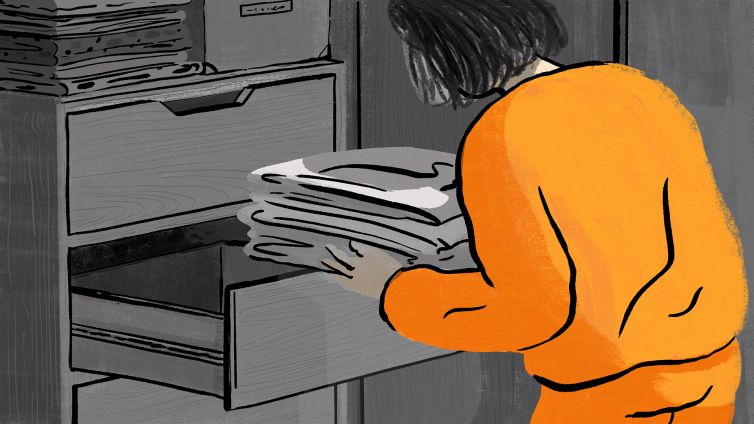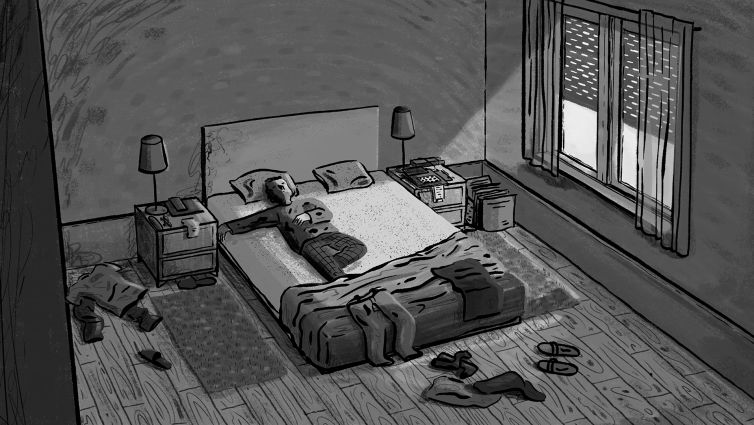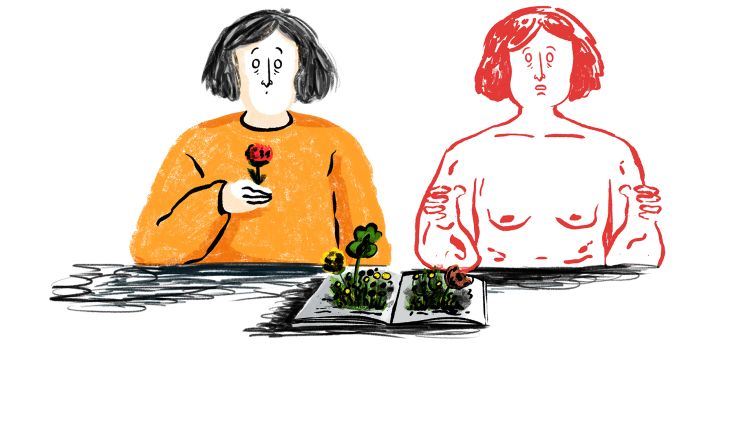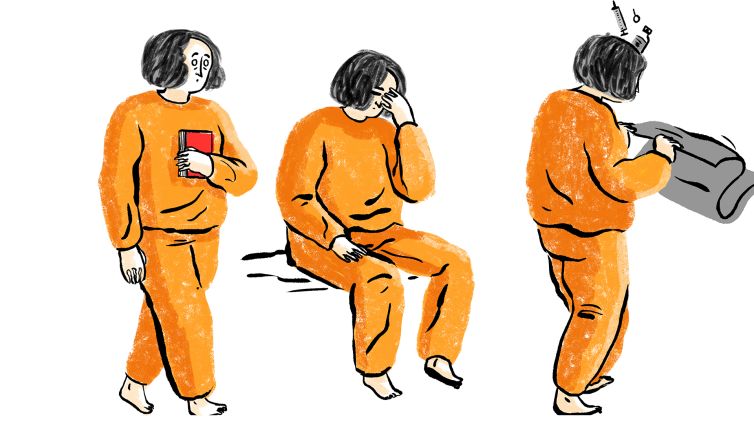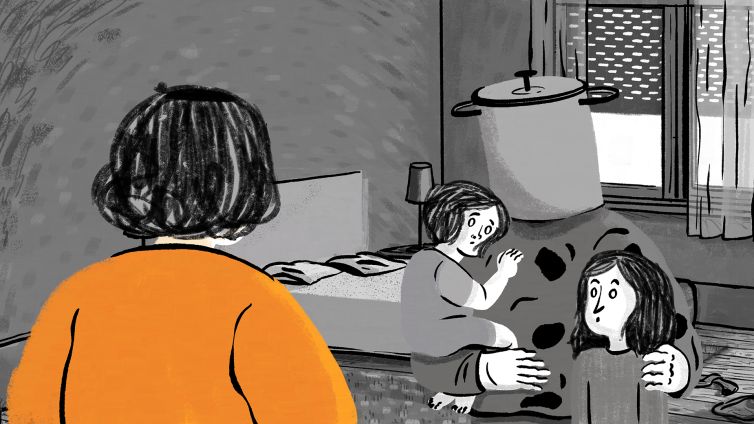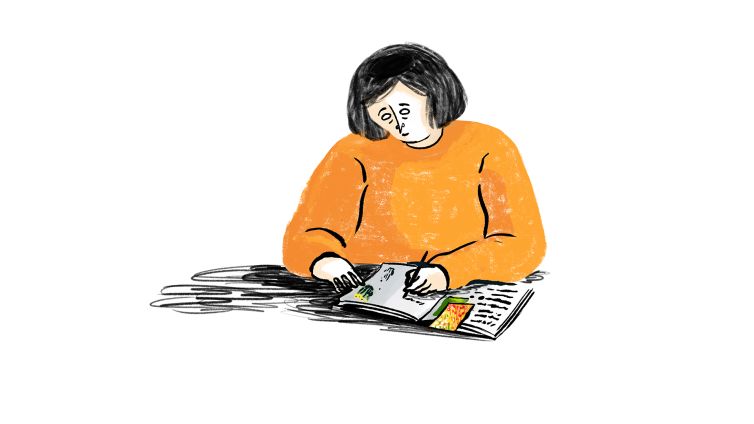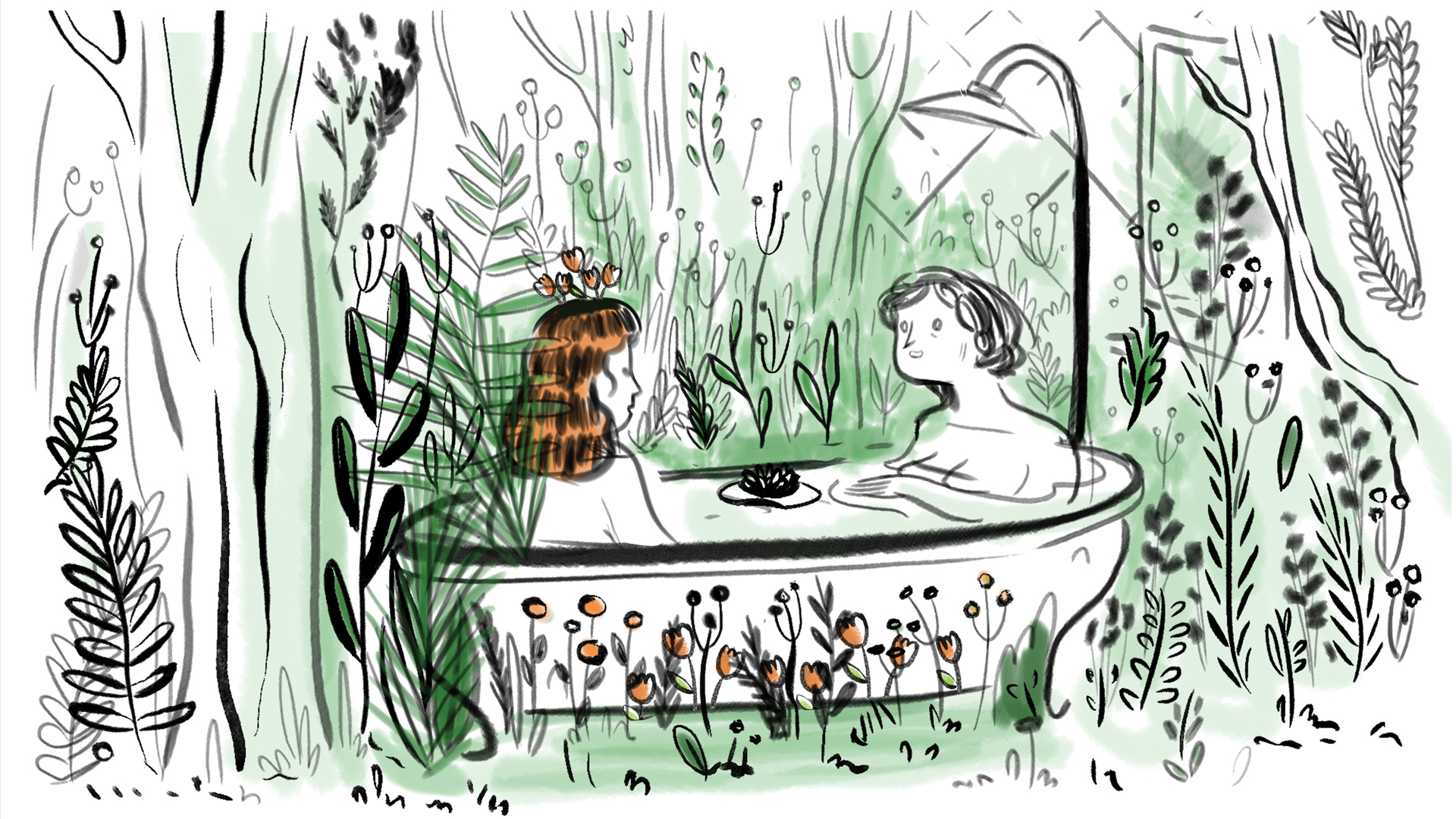
“Porque hoje é Sábado” é uma frase roubada de um poema de Vinicius de Moraes, “Dia da Criação”. Sábado não é um dia comum, é um dia de fruição, descanso, liberdade. No entanto, para muitas mulheres, sábado é o dia dedicado às tarefas domésticas.
Este filme fala do trabalho invisível no contexto de uma família tradicional (mãe, pai e duas crianças)
O trabalho invisível é a gestão de todas as tarefas que permite a uma família funcionar: planear idas ao médico, refeições, horas de trabalhos de casa… tarefas que se adicionam ao trabalho doméstico gratuito, cuja responsabilidade recai geralmente nas mulheres.
Apesar de termos evoluído muito na luta pela igualdade entre homens e mulheres, o peso da vida familiar ainda constrange desproporcionalmente a vida, a liberdade e a criatividade da maior parte das mulheres.
Num estudo da Fundação Francisco Manuel dos Santos, “As mulheres em Portugal, hoje”, conclui-se que as mulheres portuguesas se sentem sempre ou quase sempre cansadas.
A razão para esse cansaço pode residir no facto delas ainda serem as principais responsáveis pelo trabalho doméstico não pago, mesmo quando ambos os elementos do casal trabalham. A disparidade agrava-se quando o agregado familiar inclui filhos menores.
E, para além da simples execução das tarefas domésticas, existe um trabalho ininterrupto de gestão: cabe geralmente às mulheres o planeamento dessas tarefas e a organização do calendário familiar.
Chama-se a isso “carga mental”, e traduz-se em antecipar problemas: espera-se que a mulher diga constantemente o que é preciso ser feito e quando: que preste atenção aos alimentos que faltam no frigorífico, que planeie as refeições, que se certifique que as crianças têm as vacinas em dia, que cuide que as suas roupa sejam lavadas, que os sirva, que insista para que comam, que os afaste dos aparelhos electrónicos…
Este tipo de trabalho, rotineiro e aparentemente invisível, é muitas vezes desvalorizado, no entanto, traduz-se efectivamente numa sobrecarga na vida das mulheres e torna-se potenciador de transtornos mentais comuns como a ansiedade, a depressão e a insónia e a falta de auto-estima.
Assumir esta gestão é por vezes tão extenuante, que muitas das vezes a mulher opta por se ocupar de todas as tarefas, desiste de “pedir ajuda” e automatiza comportamentos.
A sobrecarga do trabalho doméstico nas mulheres profissionalmente ativas tem outro efeito perverso: as mulheres deixam de ter tempo para si. As pausas entre tarefas servem para descansar, para se “desligarem” por momentos. Falta-lhes tempo para transcender o quotidiano e a rotina, para o trabalho da alma e do corpo, para a busca de outros sentidos, além dos da ordem dos afectos: os filhos, o marido, a família e aqueles de carácter social, que envolvem o mundo do trabalho. Falta-lhes um espaço de liberdade e criatividade.
Virginia Woolf dizia que uma mulher, para ser livre para escrever precisava de ter independência financeira e de um quarto para si. Eu hoje penso que um “quarto mental” bastaria, um espaço a salvo das tarefas domésticas. Esse trabalho que é categorizado por Simone Beauvoir como trabalho de Sísifo:
“Poucas tarefas se aproximam tanto da tortura de Sísifo como o trabalho doméstico, com a sua interminável repetição: o limpo fica sujo, o sujo fica limpo, sempre, dia após dia. A dona-de-casa cansa-se, sem avançar, não faz nada, simplesmente perpetua o presente. Comer, dormir, limpar – os anos não crescem em direcção ao céu, eles espalham-se, sempre no mesmo nível, cinzentos e idênticos. A batalha contra o pó e a sujidade é em vão.”
Os papéis que as mulheres representam: filha, mulher, mãe, estão vinculados a um conjunto de definições comportamentais, informais, empíricas e invisíveis, que são transmitidas de geração em geração, que as implicam nos deveres familiares, e que se expressam pelo sentimento de culpa ou de ineficácia associado por exemplo, à limpeza da casa, à alimentação ou à educação dos filhos, e que os homens, em geral, parecem não sentir com a mesma intensidade.
Sujeita à eterna repetição dos seus dias, a mulher, inconscientemente, vai perdendo o prazer de viver. Somos aquilo que nos permitem ser, e que nos permitimos ser. Só ajustando esta condição pode a mulher encontrar um espaço mais próximo da sua liberdade criativa.
